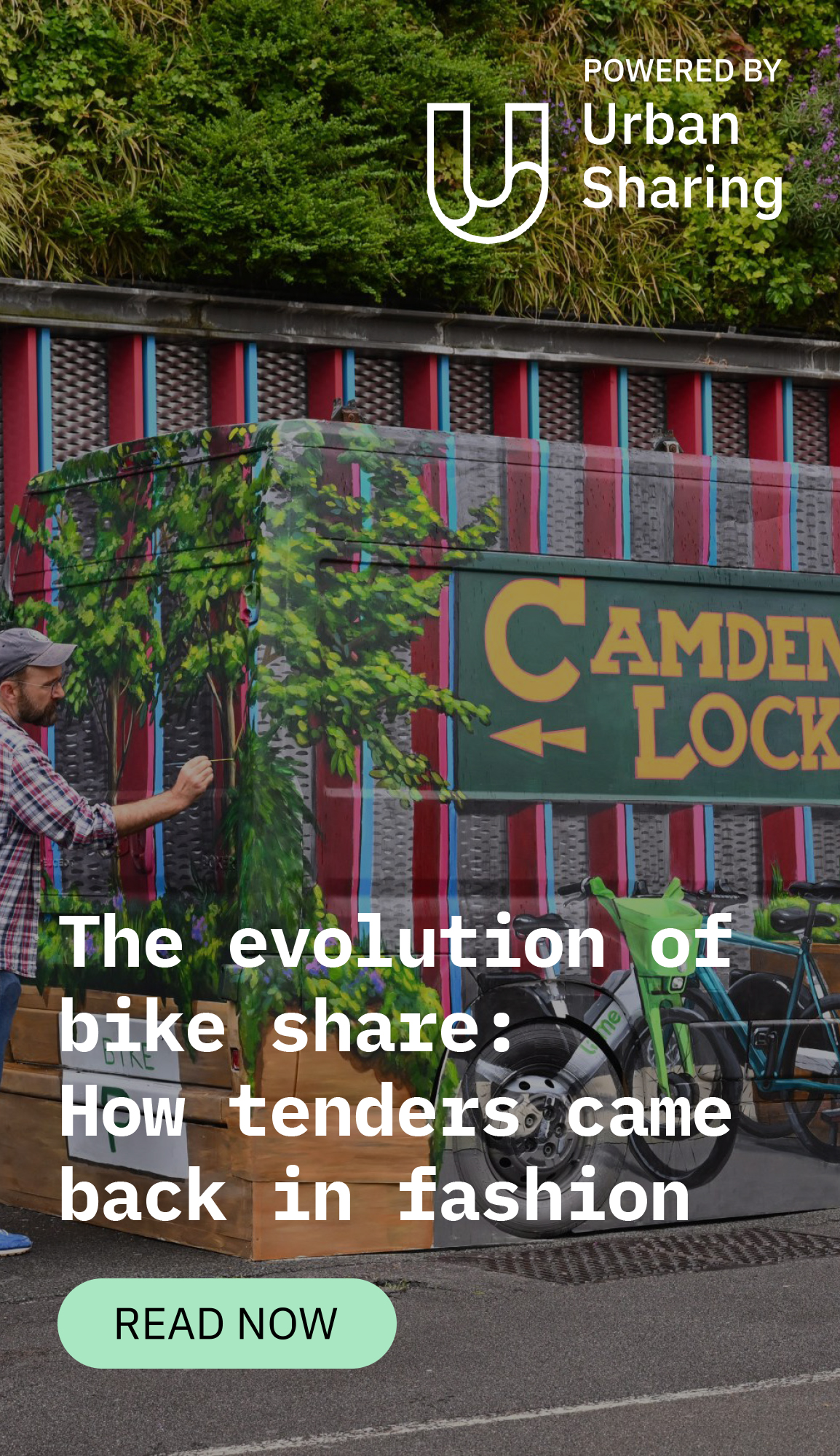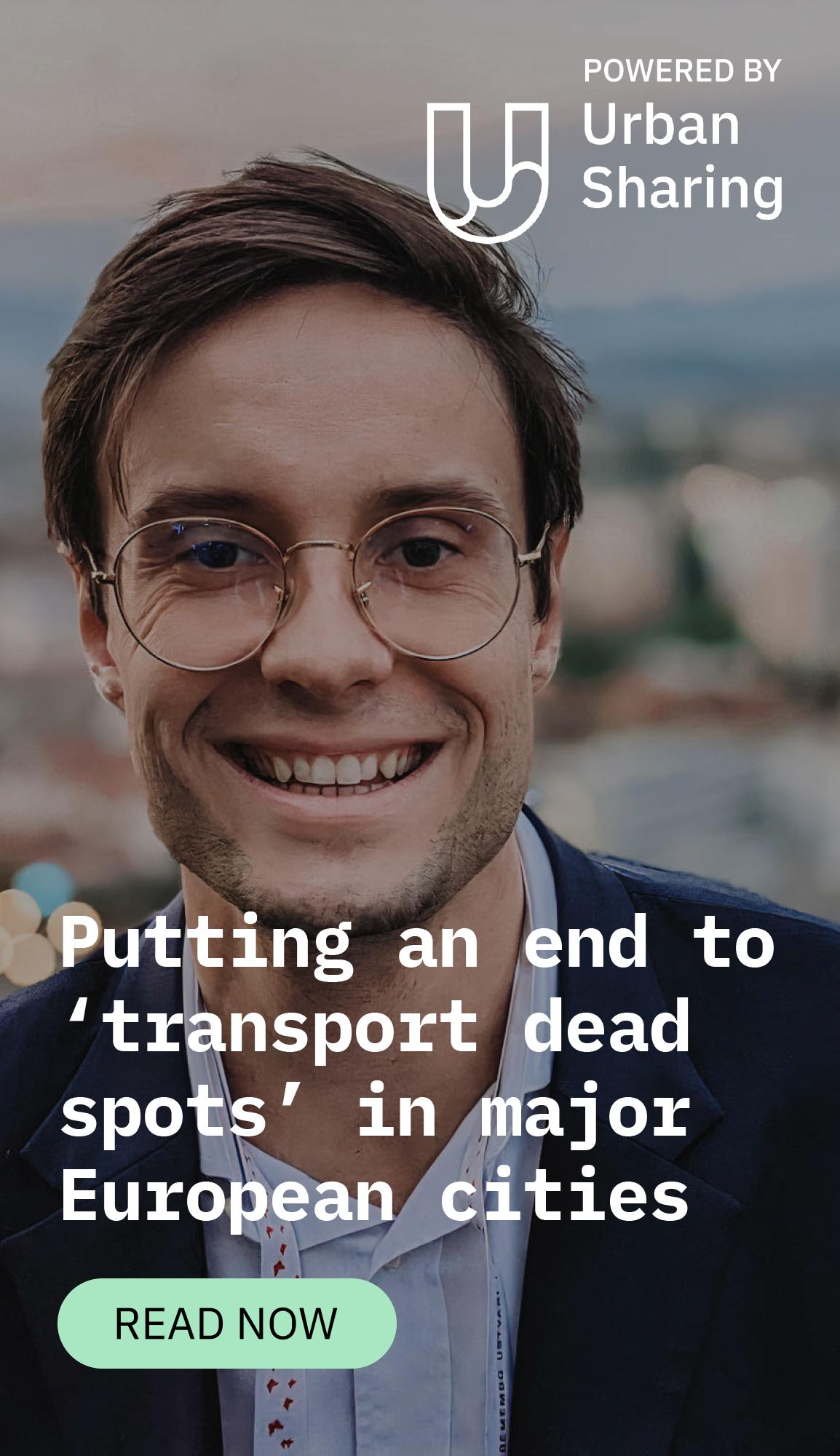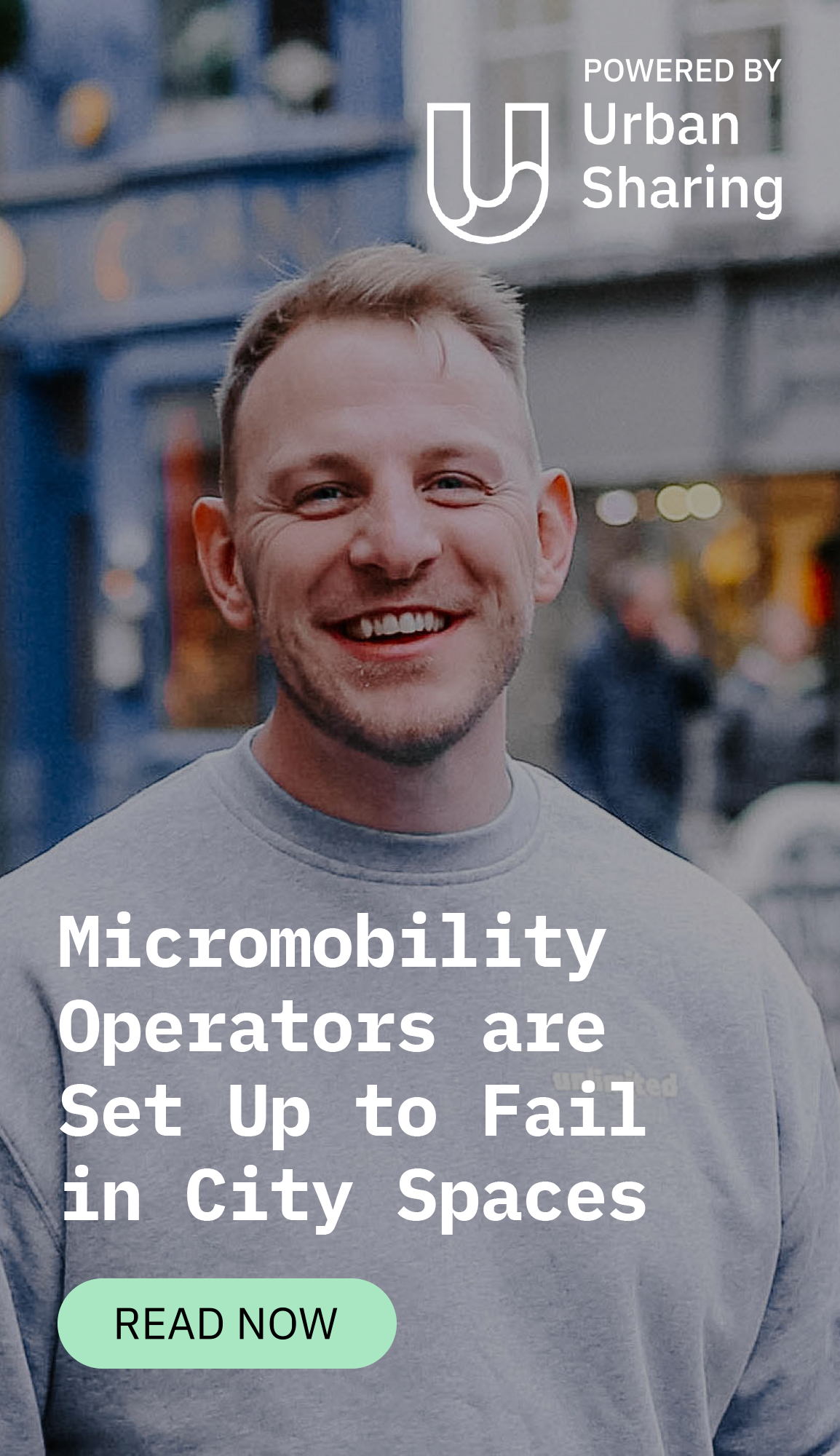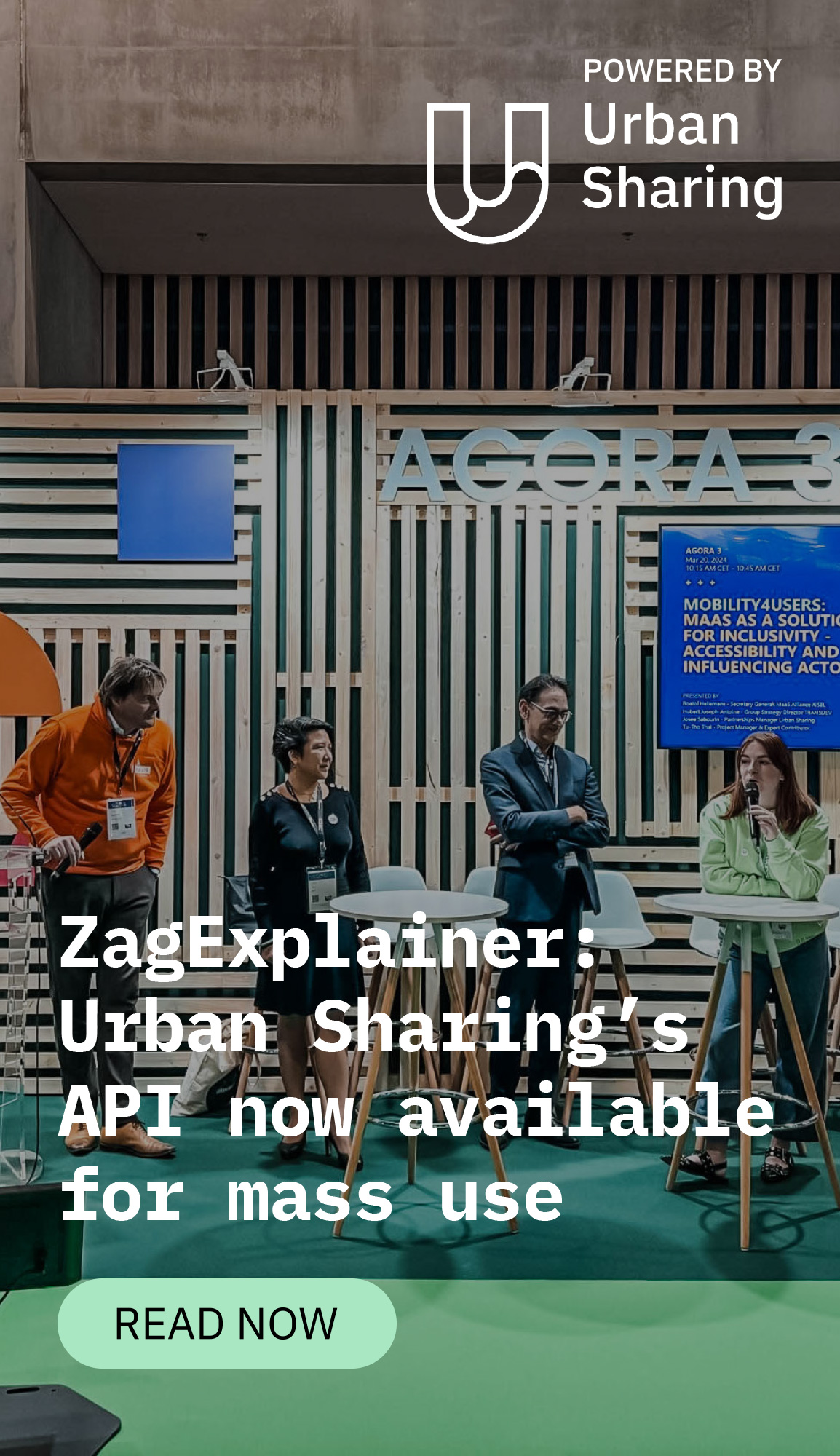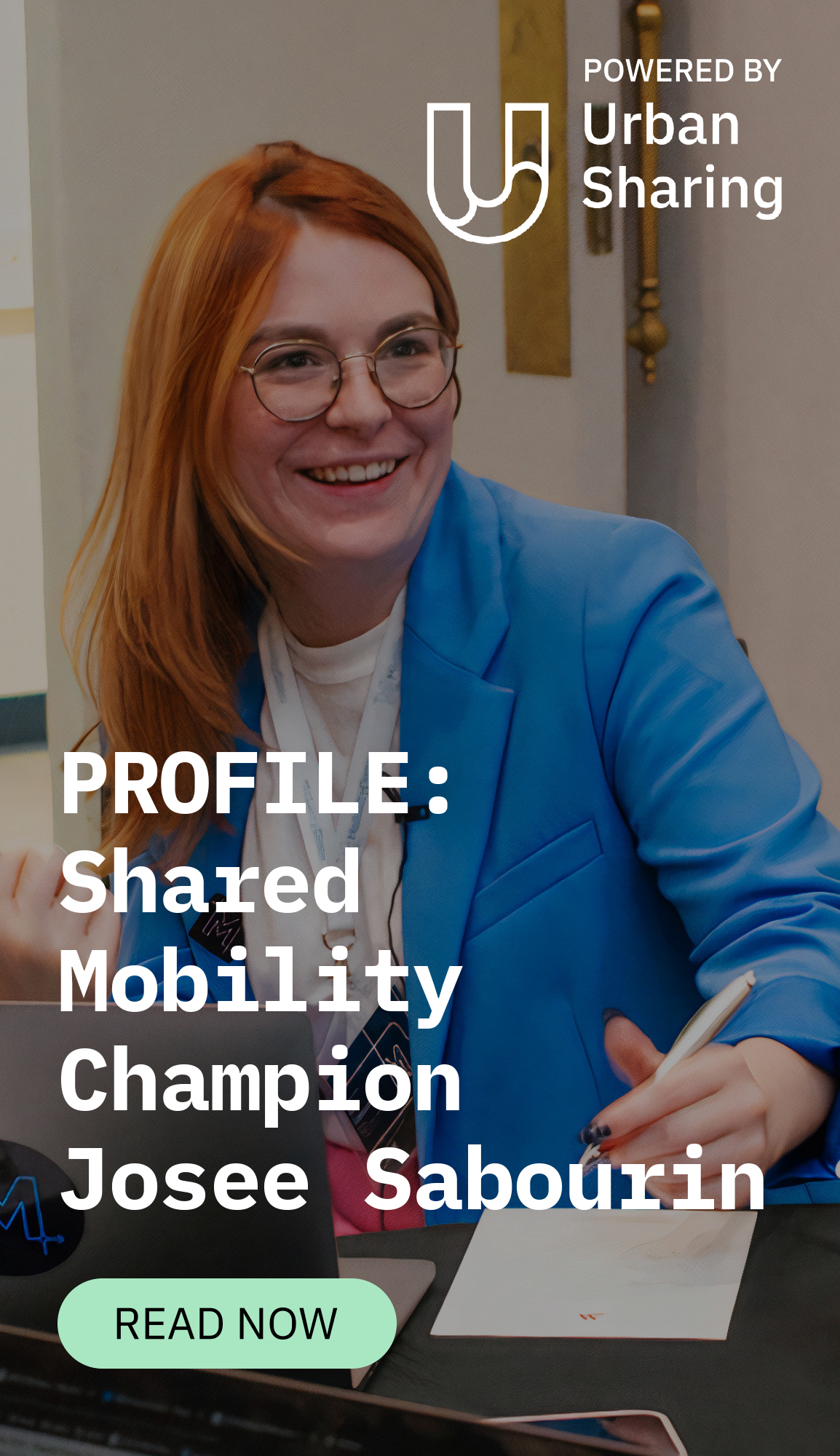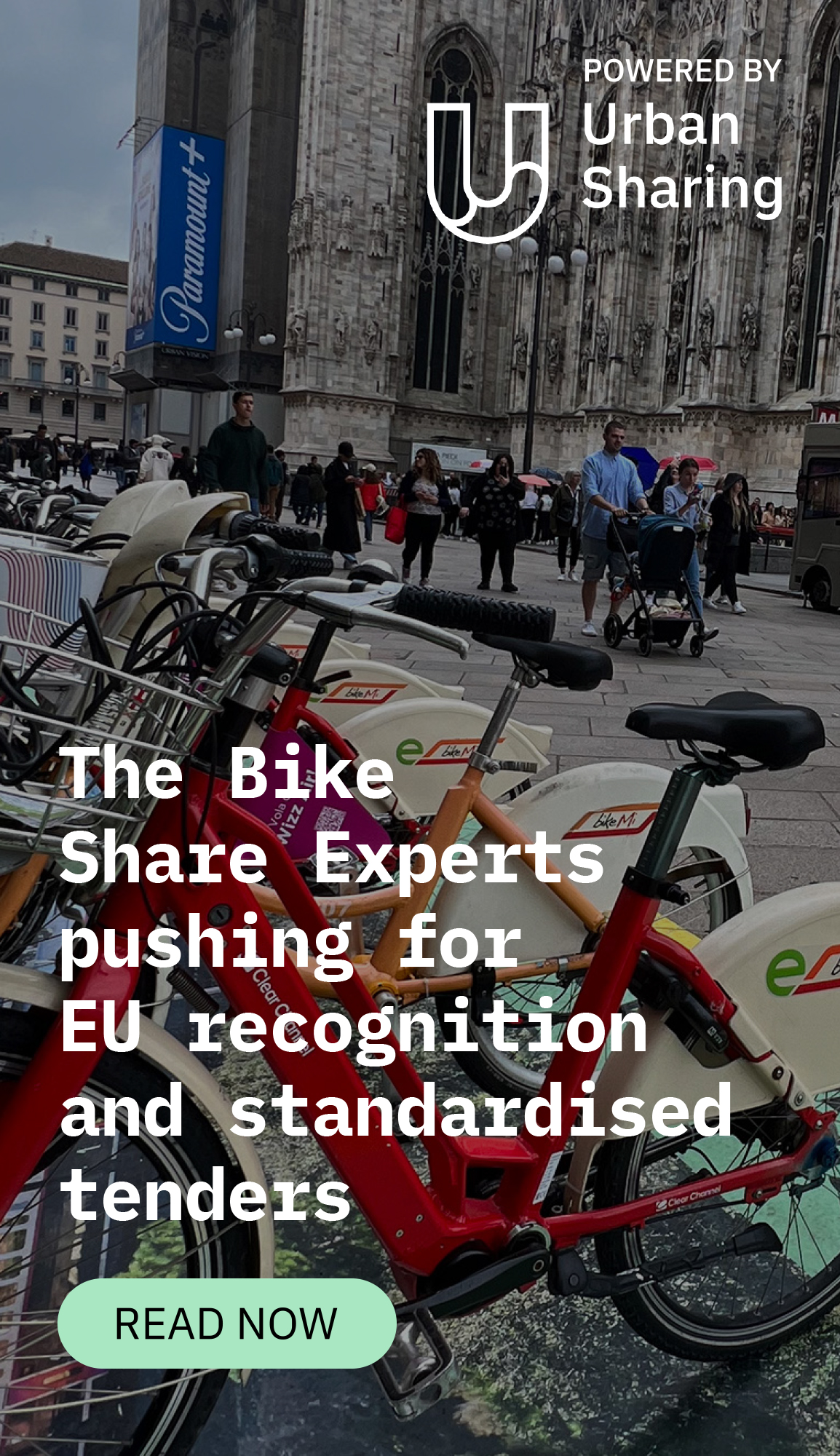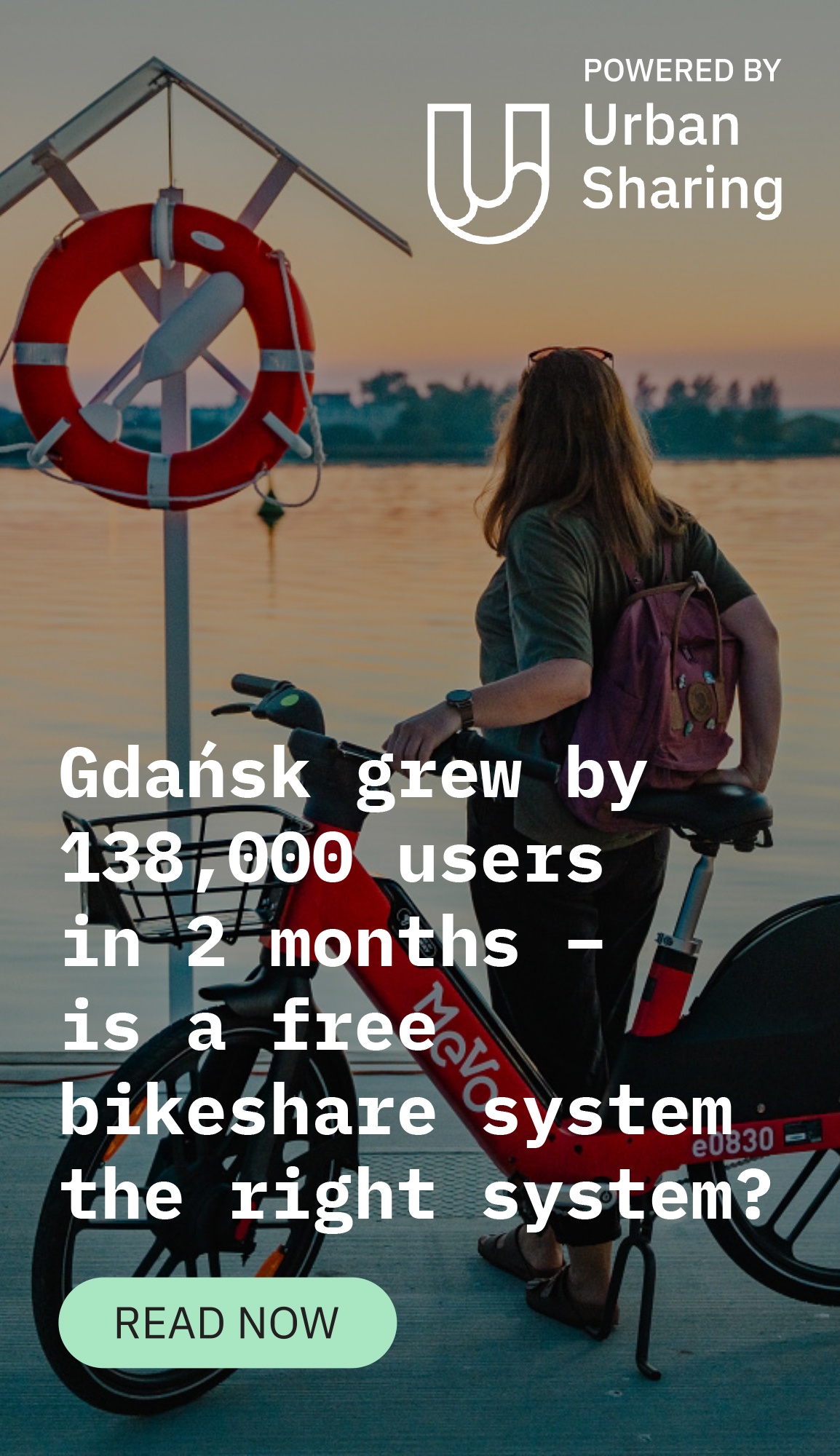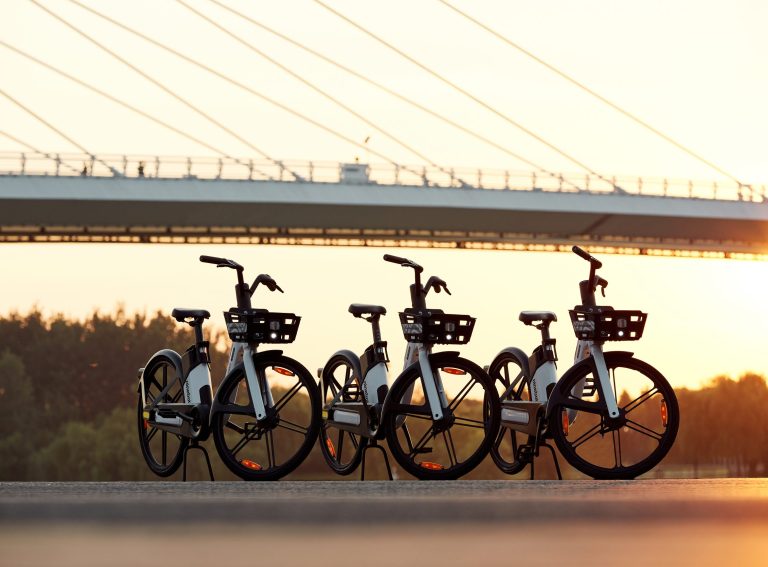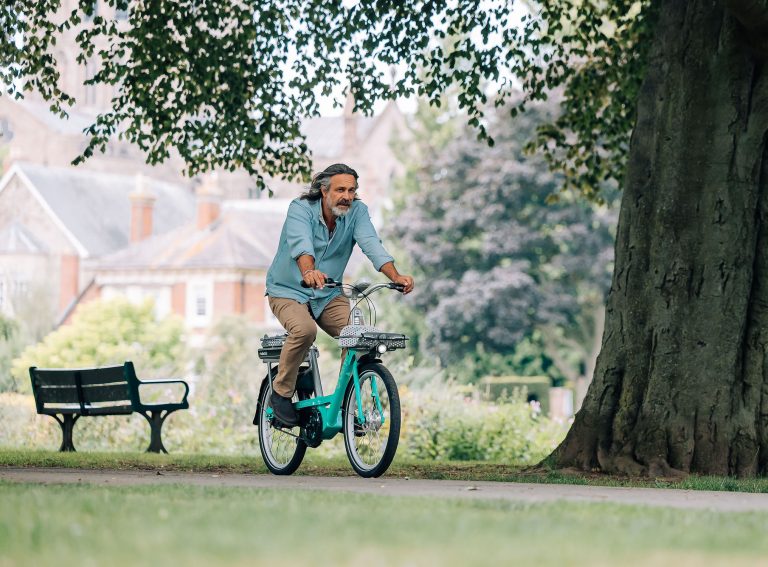Joe Lewin, CEO and founder of UK-based e-scooter company Zwings, shares his vision of a micromobility utopia.
As city populations continue to grow rapidly, the pressing need to provide residents and visitors a range of travel modes beyond public transport and cars surges.
Now that more than 50% of the world’s population lives in urban areas the demand across all modes could almost double between 2015 and 2050.
With 60% of all car trips being less than three miles in length and the majority of those undertaken by the driver only there is vast opportunity for innovative modes of travel in the ‘transit desert’.
Similarly, while mass transit remains as the most efficient method of transport for moving large masses of people long distances, users still need to travel to and from transit hubs.
We are currently in the midst of a seismic shift in the way communities perceive travel and consequently people are thinking twice before grabbing the car keys.
Investment into sectors such as micromobility is fuelled by a rising consumer demand for convenient, sustainable and affordable transport in urban areas.
Societal expectations for transport share similar standards for most technology nowadays: instantaneous, flexible and affordable.
The emergence of sharing e-scooters and bikes in the UK in the last nine months has allowed city authorities to reduce gridlock and poor air quality that plagues so many communities.
Limited research has been undertaken into the impact of insufficient travel options in cities.
However, undeniably a lack of access can lead to poor accessibility to job opportunities, healthy food, medical care, and the incentive to meet up with friends and family.

The Zwings micromobility utopia
The Zwings team dreams of a ‘future of mobility utopia’ from which everyone and anyone, regardless of circumstances, can enjoy affordable and convenient access to a range of transport options at their fingertips.
The concept of the ‘15 minute city’ presents an urban environment where you could reach work, school, shops or doctor within just a 15-minutes of walking, cycling, scooting or dare I say it, flying.
Traffic jams are an outdated relic of the past and cost the UK economy £7 billion each year due to lost productivity and the wider implications on mental health.
The average Brit spends four years of their life in a car, eight months of which is sitting in traffic and two months finding parking spaces. Shocking, right?
Although this statistic is my favourite one: Brits spend 15 days of their life driving in the wrong direction.
Similarly, to a certain extent there is a gaping void in many public transport systems, particularly in towns and small cities in the UK where buses come only at 30 to 60 minute intervals and follow a fixed route leading to a cumbersome stop start journey.

Local authorities are recognising the benefits of micromobility
Local authorities are recognising the widespread benefits to introducing micromobility modes to their communities coupled with further investment in cycle lane infrastructure and the development of mobility hubs.
Zwings is now working with two universities and six towns and cities and several more soon.
We design our transport service around each community’s unique set of needs and infrastructure.
We work with local businesses, community centres and properties to install and promote mobility hubs to increase accessibility.
This hyper localised approach has allowed Zwings to tailor each scheme to serve a wider number of residents and visitors who may previously not have had access to micromobility or known their benefits.
Data reveals riders are using the e-scooters for door to door travel as well as purely for the first and last mile.
We are seeing average ride times as long as 25 minutes across the UK and data which is almost double the average e-scooter ride length elsewhere around the world.
At time of writing, one rider in South Somerset has used Zwings rental e-scooters 184 times in five months.
While some have been leisure trips, most have been commuting the 2.6 mile trip to work which has in turn removed the need to drive and pay for parking.
The precious resource of time
Beyond cost savings, shared e-scooters preserve another precious resource, time.
Saving an extra 20 minutes a day knowing riders don’t have to wait for the bus means more time spent with their family or to complete other errands.
The pandemic has acted as a catalyst to drive further positive behavioural changes towards increasing the adoption of micromobility.
Climate change and the pandemic are two of many factors stimulating the evolution of technologies and vehicles such as shared e-scooters and e-bikes which have inadvertently led to the shrinking of the physical footprint needed to move people over short distances.
These modes of travel have helped create the concept of the 15 minute city which has allowed society to challenge the outdated notion of “gigantism” in transportation—in the form of personal, often single-occupant cars.
In the wake of the pandemic, we are no longer discussing just a first-mile/last-mile challenge, we are solving door to door mobility issues found in the “transit deserts”.
Micromobility utopia envisages e-scooters, bikes, pedestrians and road users including car and truck drivers to travel safely in parallel with one another to varying destinations.
Holland’s current infrastructure presents an insight into this utopia or at least as close as reasonably possible.
Through the continued development of designated cycle lanes both micromobiltiy users will feel more confident in cycling or scooting regularly and as such they will be more willing to commit to healthy active travel thus creating a positive cycle.
Urban areas are increasingly being designed to be anti-car and rightfully so.

